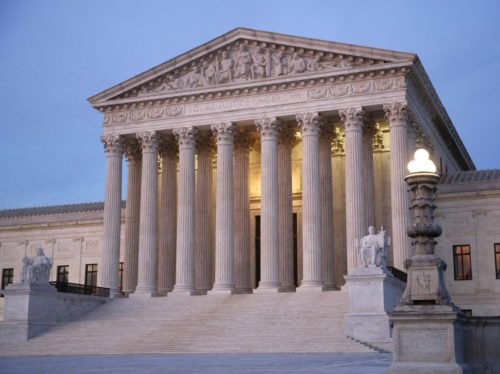Justice Thomas’ concurrence highlights a massive loophole in the Protection of Lawful Commerce in Arms Act (PLCAA). The law lets plaintiffs sue gun companies if they “knowingly violated a State or Federal statute” tied to firearm sales or marketing, but the court is allowing lawsuits to proceed without first proving the violation happened. This undermines the PLCAA’s core purpose: shielding firearms companies from bankruptcy caused by costly, meritless lawsuits. Though these cases will on the merits fail eventually, gun control advocates exploit this gap to burden manufacturers and sellers with crippling legal expenses, aiming to bankrupt them through relentless litigation. The lawsuits then “succeed” by driving the companies into bankruptcy.
.
In future cases, courts should more fully examine the meaning of “violation” under the PLCAA. It seems to me that the PLCAA at least arguably requires not only a plausible allegation that a defendant has committed a predicate violation, but also an earlier finding of guilt or liability in an adjudication regarding the “violation.” Allowing plaintiffs to proffer mere allegations of a predicate violation would force many defendants in PLCAA litigation to litigate their criminal guilt in a civil proceeding, without the full panoply of protections that we otherwise afford to criminal defendants. And, these defendants might even include ones who were cleared in an earlier proceeding, such as through a noncharging decision or a not-guilty or not-liable verdict. Such collateral adjudication would be at best highly unusual, and would likely raise serious constitutional questions that would counsel in favor of a narrower interpretation.
Justice Thomas’ concurrence, Smith & Wesson Brands v Estados Unidos Mexicanos, June 5, 2025.
